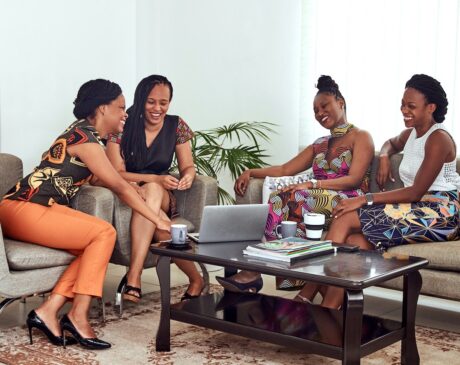What love is and what love is not – Part I

The conversations with my Ramo, on GBV, start with discussions on the importance of knowing her value and her worth.
I share lessons learned, from my life experiences about loving, fulfilling, deep and lasting relationships. I’ve learned that the principles underlying romantic love are not hugely different, from those that underlie other meaningful relationships. All must have certain characteristics.
Before I continue, allow me some disclaimers.
1) These learnings apply to me and Ramo, as much as they apply to others.
2) What I’ll detail in Post 2, is not an exhaustive list of the characteristics of loving relationships, I’m relying on memory from many conversations I’ve had over the years.
3) I caution that abusive people generally are predators. People get abused, ONLY when they’ve been targeted by abusers. Possible abusers exist in all our spaces and realms. In our homes, families, schools, work, romantic relationships, religious settings, and social media. The lessons I share are not meant to be abuse-proof.
We can never do anything to prevent abuse, it’s a choice of the abuser to abuse when it benefits them to abuse others. What’s important is what she does when she realizes that she’s fallen into the clutches of an abuser:
a) Never personalize hurtful behavior. Abusers represent outcomes of their nurturing environments. She holds no godmother magic wand to, “poof”, and undo the harm the nurturing environments caused them.
People who never bother to work on themselves to transcend childhood oppressions are oppressive to the extreme. Their nurturing environments should’ve taught them life rules for building healthy relationships – Do to others as you would like done to you. First, do no harm.
Failing that, all of us when we’re adults have a responsibility to work hard to transcend our nurturing environment’s egregious oversights. We have to realize that continuing to harm others, is not the right way to undo the harm done to us, and WE as individuals have to decide to change.
She may have compassion for their stories and empathy, however, she can never make them less harmful to her. Loving herself correctly means getting herself out of their venom’s way.
b) I share my learnings hoping to help her have an acute awareness of when – she’s in the presence of love, which does not love her.
My hope is to teach her – to get out early if she finds herself in abusive spaces. However, like most parents, my hope is that she recognizes harmful love/relationships upfront and avoids these completely.
What are the characteristics of a loving relationship, I’ve discussed with her? Post 2 will answer this question.









